ABOUT THE PRODUCTION
In their attempt to stage the Bible, creative team led by the director Jernej Lorenci took Biblical texts marked by their diversity as their starting point. These include the Song of Songs, Ecclesiastes, or the Preacher, Ezekiel and the Book of Job. Each of them sets its specific enquiries and problems, each of them can in its own way provoke theatre makers attempting to stage it. Is there a universal message hidden anywhere? Perhaps it is an unending human need for a fellow person, one’s eternal longing, fragility and a need to be accepted, respected, appreciated, a need not to be left alone, one’s relationship to God, to the other person... Its erotic charge makes the Song of Songs the most remarkable feature of the selection. Bible, the First Attempt is characterized by an outstanding ensemble in the role(s) of Actors.
THE AUTHORS
JERNEJ LORENCI (born in 1973 in Maribor, Slovenia) started directing theatre performances as a secondary school student at the Dead Theatre Maribor. Following his graduation production of Antigone by Sophocles in 1996, he obtained his B. A. degree in 1999. In 1997, he co-founded the Maribor Grammar School Theatre School. After he completed his studies, he began gaining experience as a theatre director in Slovenian, Croatian and Bosnian theatres. He was artistic director of the Ptuj City Theatre and received numerous national and international awards. In 2006, he was appointed assistant professor, and in 2007 associate professor of Theatre and Radio Directing at the Academy of Theatre, Radio, Film and Television in Ljubljana. His national and international awards include the following: the Maribor Theatre Festival Award for best production (S. Kane Cleansed, 2002, and The Crazy Locomotive, 2012 - SNT Drama Ljubljana), Grand Prix at the Golden Lion Festival in Umag (S. Kane Cleansed, 2002, SNT Drama Ljubljana), the Best Production Award at the Ex Ponto Festival (The Longing and Death of Sylvia Plath, 2003, Sarajevo War Theatre SARTR in co-production with the B-51 Society from Ljubljana, 2003), three Maribor Theatre Festival awards for best director (The Epic of Gilgamesh, 2006; text adaptation by Nebojša Pop Tasić, SMG, Aeschylus Oresteia, 2009, SNT Drama Ljubljana, and Alexander Nikolayevich Ostrovsky The Storm, 2012; MGL), the Golden Laughter Award for best director at the 35th Zagreb Days of Satire Festival (2011), the best director award at the Belgrade Theatre Festival BITEF, the national Prešeren Fund Award (2014), the Politika Newspaper Prize for best director, awarded at the 49th International Theatre Festival BITEF (Homer The Iliad, 2015; MGL, SNT Drama Ljubljana and Cankarjev dom), the Anđelko Štimac Award for best director at the 23rd International Small Scenes Festival in Rijeka (The Crazy Locomotive, 2016, SNT Drama Ljubljana) and the Golden Laurel Wreath for the best director at the 56th International Theatre Festival MESS Sarajevo (Ubu the King, SNT Drama Ljubljana).
MATIC STARINA was born in Celje on 15th August, 1980. He completed grammar school in Nova Gorica and subsequently studied Dramaturgy at the Academy of Theatre, Radio, Film and Television. As an actor, performer, assistant director, and above all, a dramaturge, he has authored several projects and play script adaptations. He has worked with many prominent Slovenian directors and theatre makers: Jernej Lorenci, Gregor Luštek, Matjaž Farič, Tomi Janežič, Janez Starina, Mala Kline. He has been involved in productions with all major Slovenian cultural institutions: SNT Drama Ljubljana, Ljubljana City Theatre, Cankarjev dom, Slovenian Youth Theatre, Ptuj City Theatre, SNT Nova Gorica, SLG Celje, Zavod Flota, Dance Theatre Ljubljana, EN KNAP GROUP, Ljubljana Festival, Prešeren Theatre Kranj. Internationally, he has worked at the Brno City Theatre, the Croatian National Theatre and the Zagreb Youth Theatre. Tartuffe produced by the latter and directed by Jernej Lorenci won the best production award at the 37th Fadil Hadžič Days of Satire Festival held at the Kerempuh Theatre in Zagreb, and was named the best production of the season 2013 by popular vote (Teatar hr. 2013).
FROM THE REVIEWS
Marjana Ravnjak, Slovenian Television
Zala Dobovšek, Dnevnik
Nika Arhar, Delo


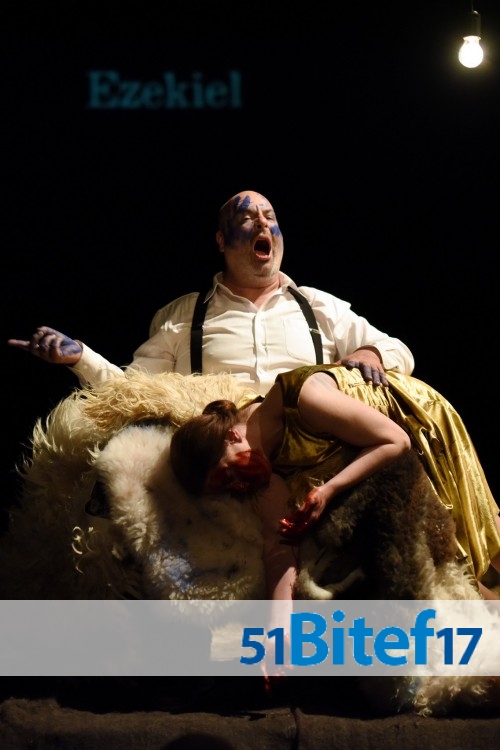
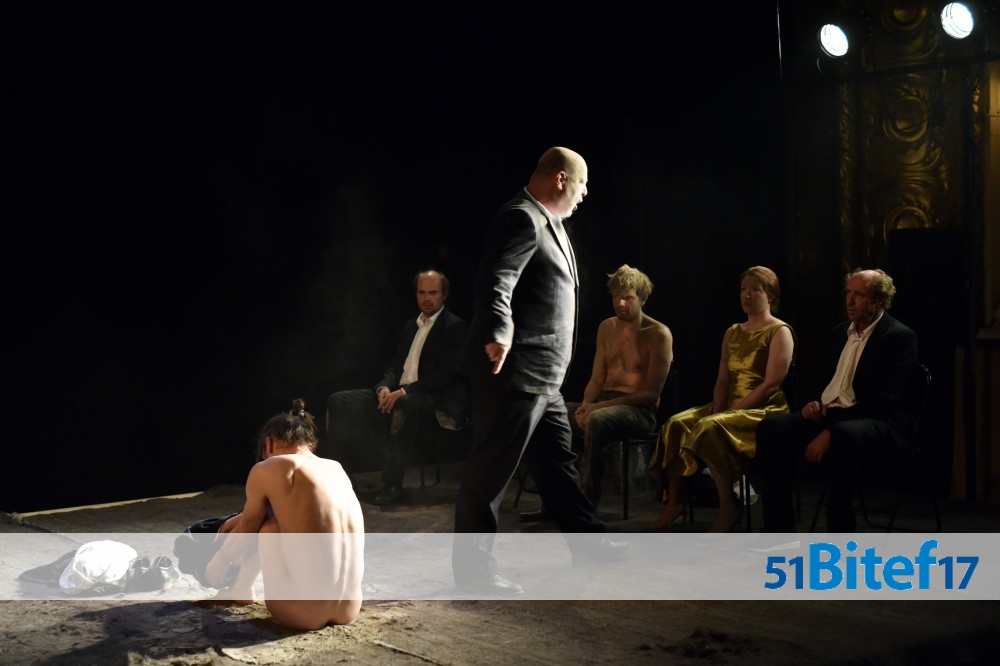
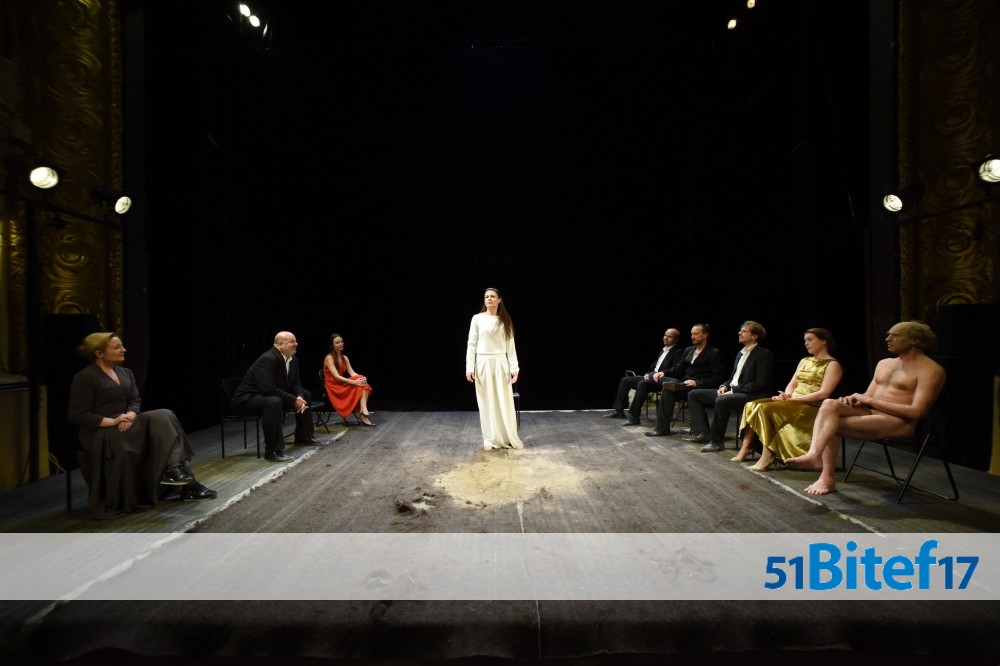
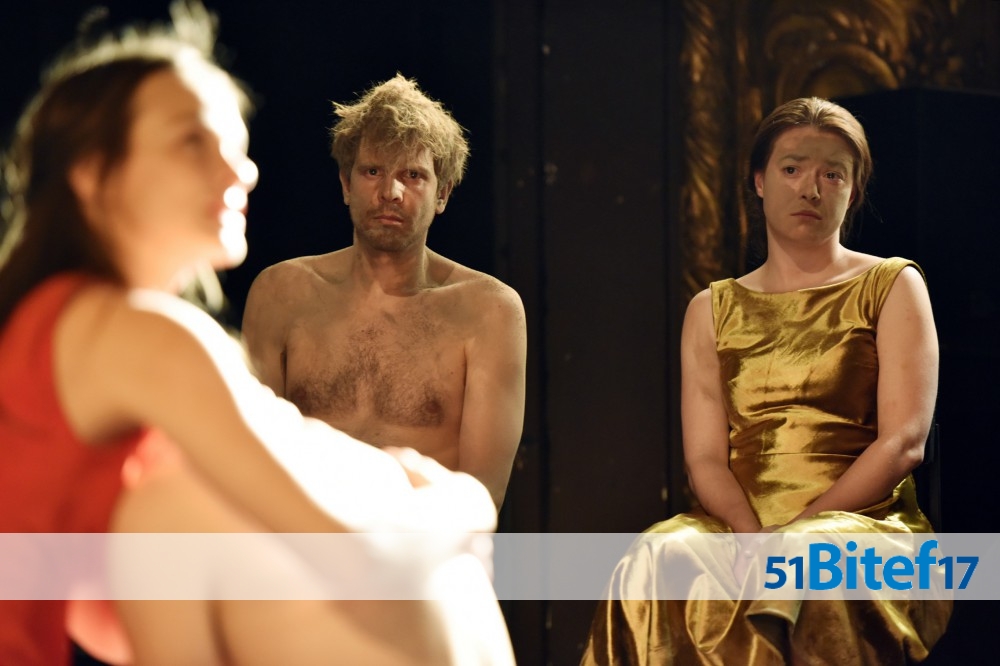
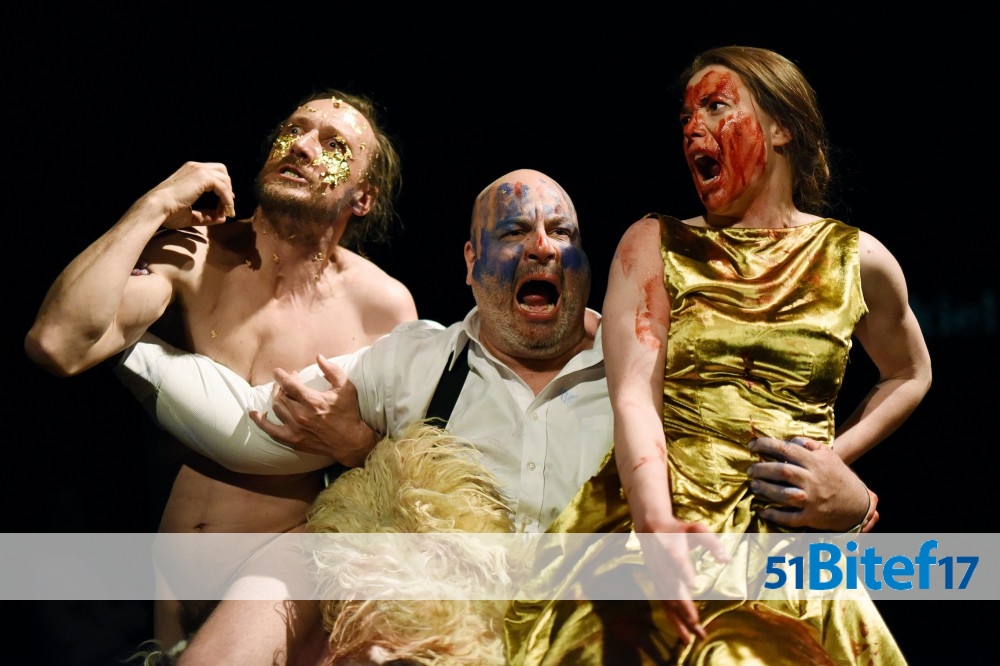
Оцените - total votes 0